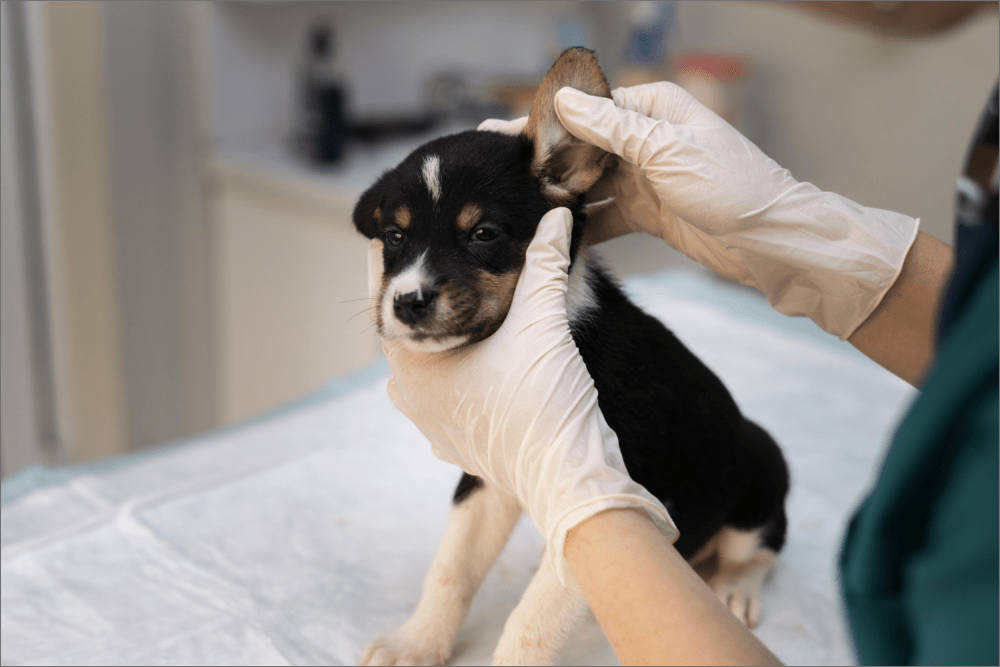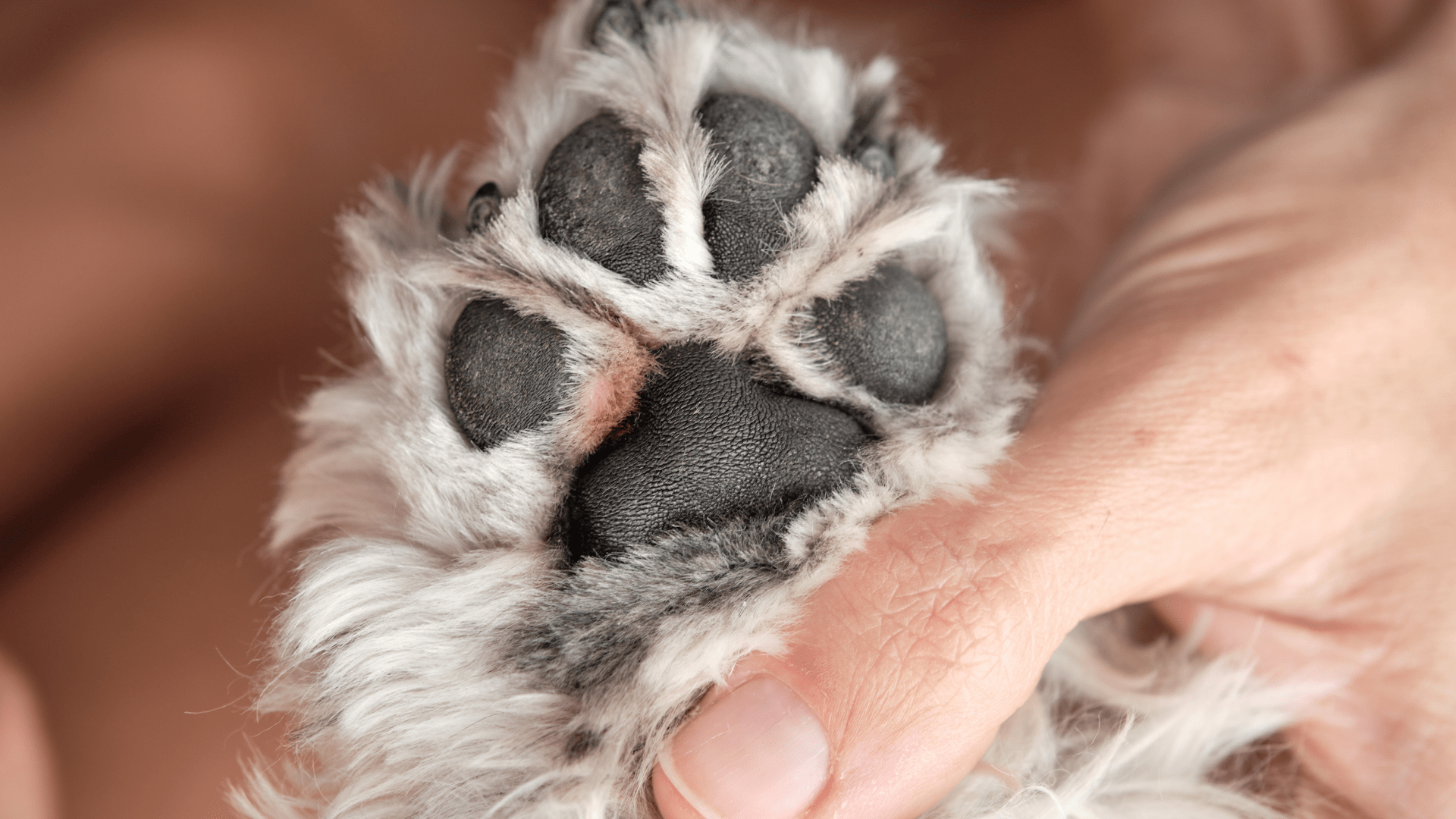It’s usually tough to identify signs of sickness in pets mainly because pets can’t speak or express themselves. Moreover, their natural instinct is to hide in dark corners when they are feeling sick.
It is not always easy to determine whether your pet is unwell as your fur baby may not be able to communicate what they are feeling. Pets also tend to hide their illnesses since being sick can make them feel vulnerable.

In the wild, animals that appear weak or injured are often targeted by predators, so hiding an illness or injury can help them avoid becoming prey. However, you can notice certain changes in your dog that may indicate sickness –
- Lethargy
- Decreased activity
- Loss of appetite
- Increased shedding
- Sudden weight gain or weight loss.
If you have been with your pet long enough, you may notice something wrong with them almost immediately after the symptoms set in. (Also read: 7 things to remember before bringing home a new pet)
“Our four-legged companions bring immense joy and love to our lives. However, when it comes to their health and well-being, pet parents experience significant stress and anxiety. They are unable to identify the early signs of sickness, leading to delays in diagnosis and treatment. It’s usually tough to identify the early symptoms of diseases among pets primarily because pets can’t speak or express themselves, and survival instinct makes them hide their uneasiness,” says Gaurav Ajmera, Founder, Vetic.
Here are the 5 signs your pet is sick as explained by Ajmera. We will zoom in on 5 signs and symptoms during the different stages of your pet’s life.
5 signs of sickness in puppies or kitten
Very young pups and kittens (less than 12 months) need extensive care because their risk of infections is high. It is strongly advised to get the young buddies fully vaccinated against canine parvo and distemper, and dewormed as per a vet-prescribed schedule.

With pet adoptions on the rise, it’s important to be aware of the potential health hazards and the early signs where medical care needs to be initiated. Key symptoms to look out for are:
- Constipation
- Decreased Appetite
- Rapid and unexplained Weight Loss
- Diarrhoea
- Vomiting
If you observe any of the above signs, do not experiment. Consult your vet for first aid/treatment.
Signs of sickness in senior pets
With an average life expectancy of 12-14 Years, pets above 8 years of age need more focus on healthcare. Senior pets run the risks of picking up lifestyle diseases and age-related ailments. These include joint issues, hormonal imbalance, kidney-related issues, tumours and diabetes.

Key symptoms to look out for are:
- Excessive and sudden weight gain or weight loss
- Difficulty playing and getting around
- Bad breath, bloody gums, and other oral problems
- Lumps, bumps, and other skin problems
- Increased and/or strained urination
Given the nature of medical issues in senior pets, they require careful observation, timely diagnosis and prompt treatment. Some age-related treatments are varied and can get complicated quickly. It’s important to remain vigilant, and follow all preventive measures including regular health check-ups.
Summer and monsoon specific signs of sickness in your pet
Extreme heat and rains are breeding grounds for different ailments in pets. Every summer, vets see cases of heat stroke in pups, adult dogs and cats.
Monsoons increase the chances of parasite infestation leading to multiple skin and gut issues. It’s important to ensure the pets are kept well hydrated, properly groomed and away from moisture and dampness (specifically long-haired and double or triple-coated breeds).

Key symptoms to look out for are:
- Excessive scratching and licking
- Increasing shedding
- Head-shaking and ear scratching
- Blood in stool and bloating
- Excessive panting
While it is not an exhaustive list of symptoms, it gives pet parents a good idea of different kinds of symptoms of sickness they should look for in their pets. Never assume and ignore. Be cautious whenever your fur-buddy is showing a change in their routine or behaviour, and consult a vet immediately.
Finally, follow the instructions and prescriptions of the vet meticulously. Do not discontinue the medicines or supplements, as sometimes symptoms may subside temporarily even when the cat or dog hasn’t recovered fully.
